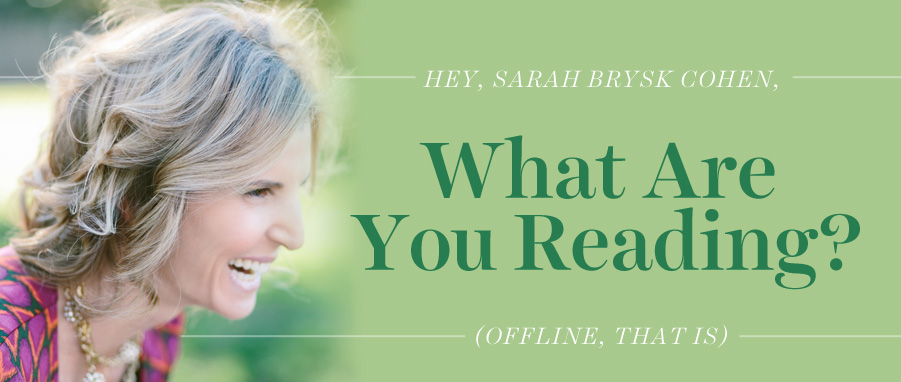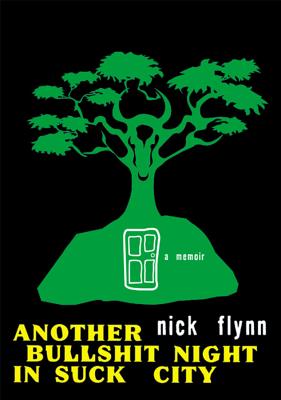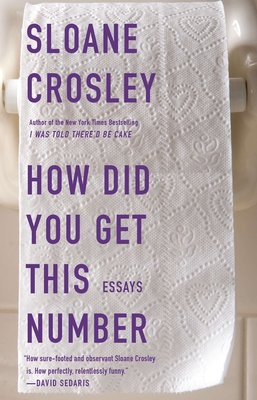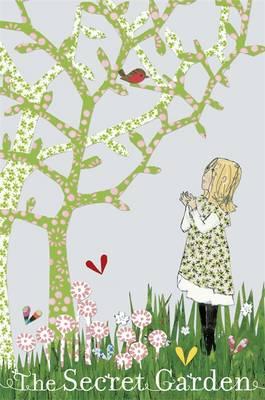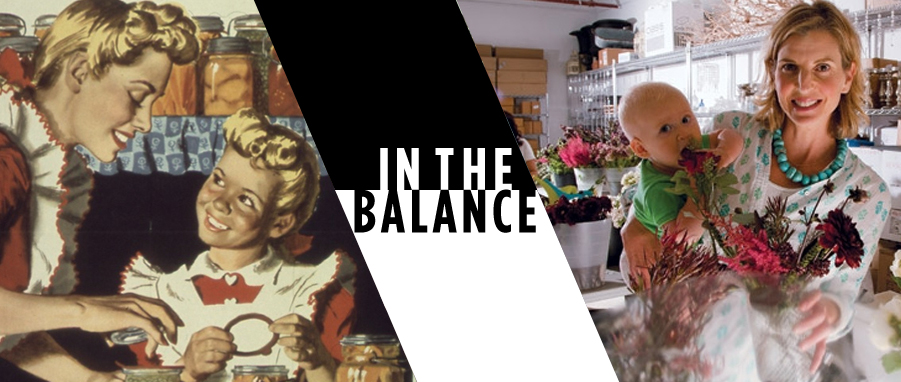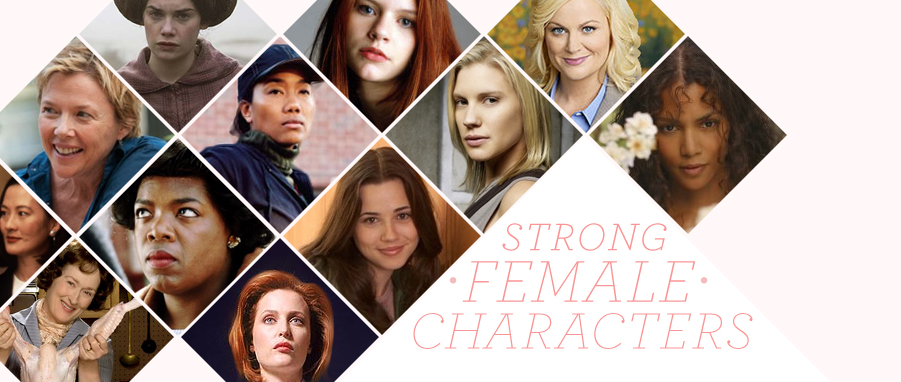Last weekend, I found myself at a bar with a German. He was in London visiting his girlfriend, and because I’m always curious about how long-distance relationships work, and because I’m nosy, I asked how often they got to see each other. Their answer? In the five years they’d been dating, they’d never gone more than two weeks, despite having a sea and a country between them. “How is that possible?” I asked. When my boyfriend and I were long distance for six months, we only saw each other once, during a week-long Christmas break where we both used up all of our vacation days. “How much time do you get off?” The German waved his hand about. “Oh, you know,” he said, his accented words lilting charmingly, “it is up to us, really. If we take less than five weeks, they get a bit mad, but other than that, it is up to us.”
I can’t relay the conversation after this point, so stupefied was I by the facts he was casually conveying. Five weeks was their minimum. The company got mad if he didn’t take it. By contrast, not one person in the last company I worked for used up their two weeks of vacation a year. We weren’t the anomaly---apparently, more than half of people don’t use up their vacation days allotted in a given year. And the US has some of the lowest amount of annual leave in the Western world.
I remember when, as an adolescent, I flipped through an issue of Time at my doctor’s office (I had sadly outgrown my prime Highlights years, and Time was the only other cover without a cross section of lungs or a colon on it). It wasn’t even an article, just a small blurb, and when I read it, my largest career aspiration was to somehow gain employment at Jamba Juice. Somehow, though, the sentiment struck a chord, and it became a go-to group conversation topic for years to come: when given the choice of more time off or more money, the majority of Europeans chose more time. The majority of Americans chose more money.
Because of this, and because of some media-driven idea of the overworked, bustling American eating a muffin on the treadmill while reading three papers and frantically replying to emails on their phone, I expected England to be a welcome change of pace from the life I’d become accustomed to living in New York and San Francisco before. At all of my jobs, I was expected to be on for approximately 24 hours a day, available to answer emails and take calls even in the late evening hours. Why not? I remember many a boss saying. You should love what you do. Your work should be your passion; your work should be your life.
I remember, when I was moving to England, telling people how much I was looking forward to a more even work-life balance. “The Europeans just get it,” I said to anyone who cared and a lot of people who didn’t. “They care about their jobs, but they realize there’s a world outside of it.” And then I got to England. Everyone was on their cell phones, and expected to be available 24 hours a day. Everyone was rushing to and from their offices; everyone was stressed out. While they had, on average, more time off than those in the US (three weeks to the US’s two), few people took it.
“What’s the deal?” I asked one of my friends, a PR executive in her late 20s. I told her about my expectations, about the European work-life balance I’d idealized and coveted.
“It’s still there,” she said, “in mainland Europe. Here, we’re more like the US. If you want to be successful on a world playing field, you need to work like it. If people in the US are working till 8 or 9, we can’t be competitive with them by leaving at 5.”
Studies suggest, however, that this is more the perception than the reality. A recent New York Times article suggests that relaxing more, recuperating, sleeping, and allowing your brain its much-needed resting time, improves overall output, even when less hours are actually invested. By not having it all be output, output, output, you allow your brain to regenerate, to become stimulated. You catalyze new ideas and forge new neural pathways. It’s healthier for you, healthier for your company, and, to be frank, more fun.
Yet, this is easier said than done. While the writer of the Times article is working with companies that have a start-up mentality, companies like Google and Apple with beanbag chairs and on site basketball courts, it’s much harder to tell your boss that you should take a longer lunch break, and maybe a nap time around three. It’s harder to say, I’m leaving at five because my work will be better, and it’s harder to shuffle out amid the glares from your coworkers. The attitude is prevalent enough that it permeates the self-employed---despite making my own schedule (or perhaps more so because of it), I feel guilty whenever I’m not at my computer, actively writing. I feel like I’m missing out on some opportunity to do better, and to be better. Better than what? The norm? The ever increasing standard? Maybe. Or maybe just myself.
It’s sad then, when my PR maven friend tells me proudly that the UK is moving in the direction of the US. It’s sad when my friends brag about spending the night at the office, or how they’re so busy they forgot to eat. It’s sad when Zack and I are talking about his summer vacation and he’s listing off projects and internships, ways to get ahead. “What about a vacation?” I ask. “What about a little rest?”
“No one else will be resting,” he says. “If you don’t move forward, you’re left behind.”
This, of course, isn’t something that can be changed on an individual level. It’s a wide-scale shift in psyche; a probe into our values and what makes us happy on an individual and societal level. But for my part, at least, I’m going to try and go outside when the sun is shining. I’m going to take walks in the morning before I check my email, and I’m not going to give people my contact information with an assured, “You can reach me anytime.” I’m going to try, at least, to do my work and live my life, and I invite you to join me. If we all stay behind together, maybe, eventually, we’ll all end up ahead.





